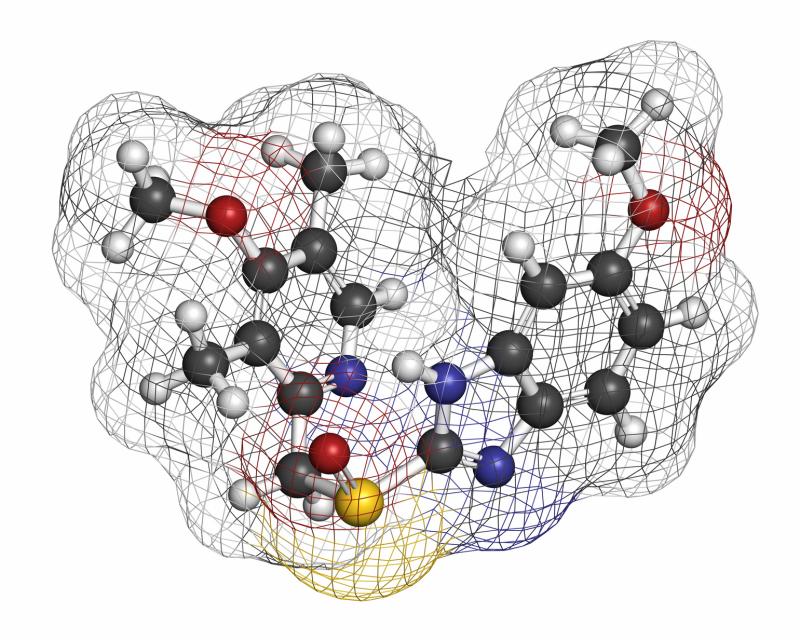
The use of proton pump inhibitors (PPIs) confers no risk increase for contracting SARS-CoV-2 infection, although PPI users with COVID-19 are likely to have severe outcomes, a study has found.
Based on the documented adverse effect of PPI on pneumonia, the researchers examined the potential associations of the current use of PPIs with SARS-CoV-2 positivity (primary) and severe clinical outcomes of COVID-19 (admission to intensive care unit, administration of invasive ventilation, or death; secondary).
The analysis included a Korean nationwide cohort of 132,316 adult patients (mean age, 48 years; 51 percent male) who tested for SARS-CoV-2, among whom 14,163 were current PPI users, 6,242 were past users, and 111,911 were never users. The researchers created two propensity-matched cohorts of current users vs never users and former users vs never users.
In the primary endpoint analysis, the SARS-CoV-2 test positivity rate among individuals without history of PPI use vs matched current users was 3.1 percent vs 2.6 percent (adjusted odds ratio [aOR], 0.90, 95 percent confidence interval [CI], 0.78–1.01), while the rate among never users vs matched past users was 3.3 percent vs 3.1 percent (aOR, 0.94, 95 percent CI, 0.77–1.15).
Meanwhile, the secondary endpoint analysis involved 4,785 (3.61 percent) patients positive for SARS-CoV-2. In this group, 364 patients were current PPI users, 188 were past PPI users, 4,233 had no history of PPI usage. Compared with never users, current PPI users had a 79-percent greater risk of severe clinical outcomes of COVID-19 (aOR, 1.79, 95 percent CI, 1.30–3.10), whereas the risk among past PPI users was insignificant. Furthermore, current PPI use starting within the previous 30 days was associated with a 90-percent risk increase (aOR, 1.90, 95 percent CI, 1.46–2.77).
The findings underscore a potential value for benefit–risk assessments in the management of acid-related diseases amid the COVID-19 pandemic, according to the researchers.